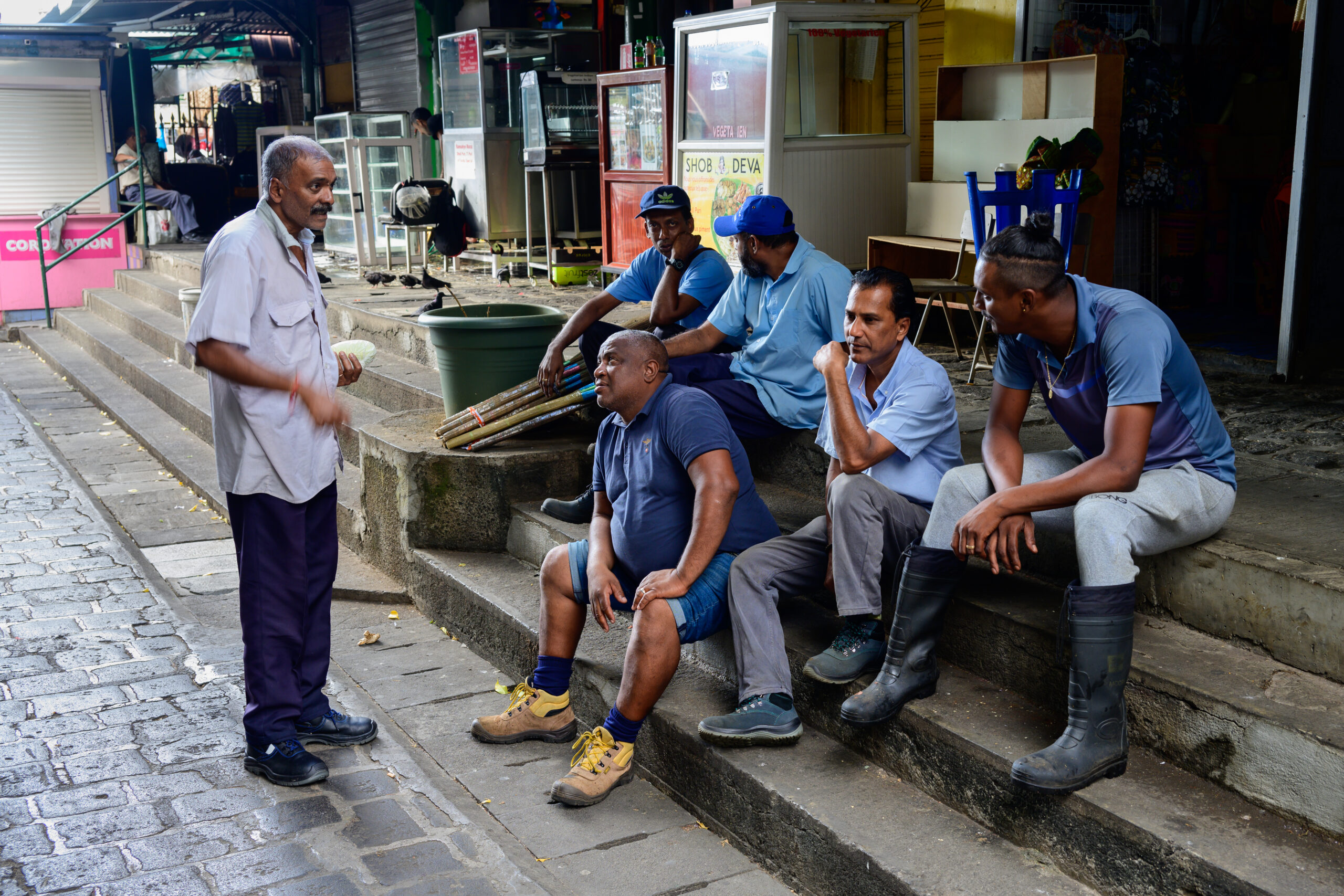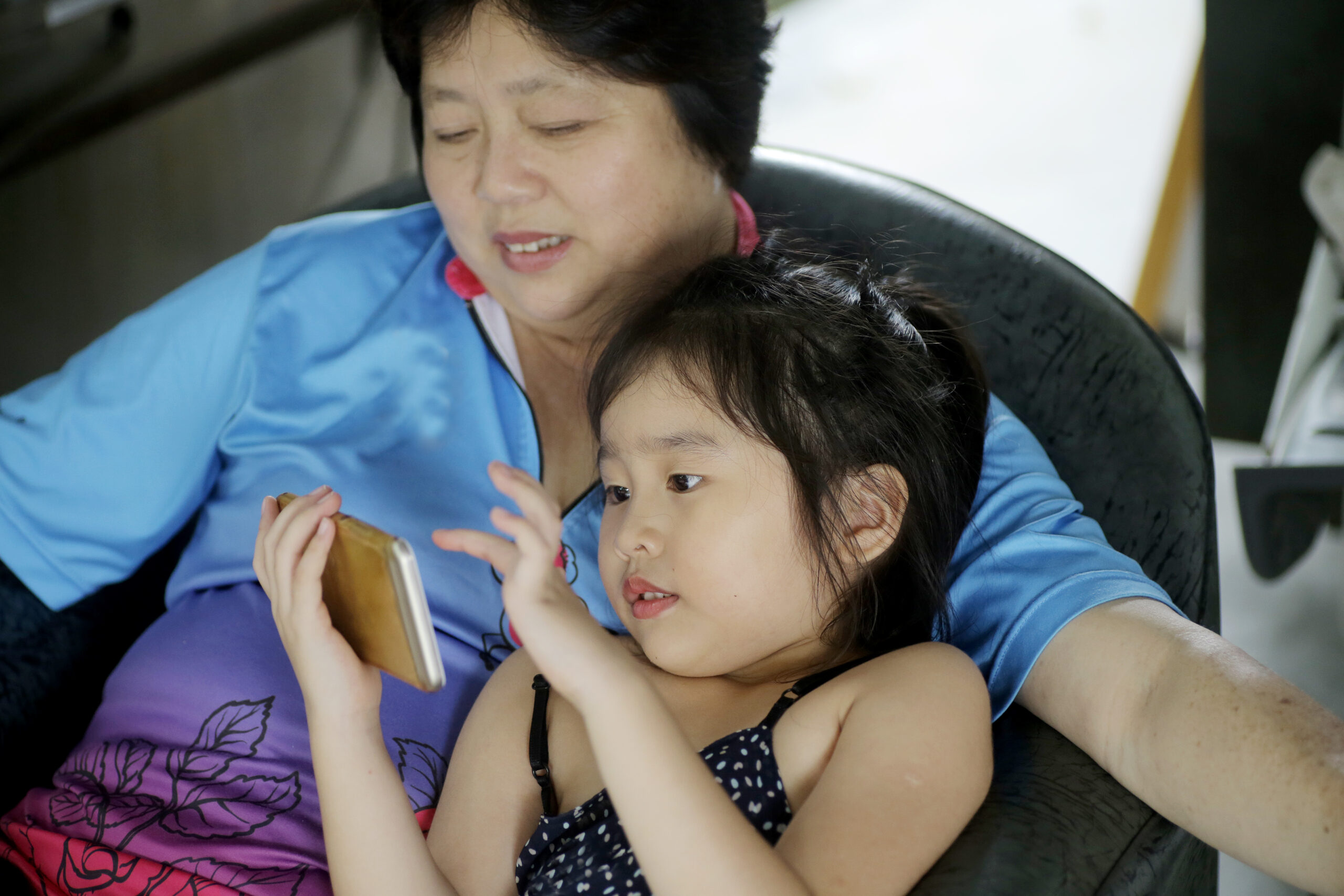Our 70 country 70,000 people surveys are the first data set of this size to capture comprehensive information about the experience during COVID-19, future outlook, and sense of preparedness for future emergencies such as climate disruption and conflict, as well as existing and new pandemic threats.
Each month, in the run up to the Summit for the Future in September 2024, the Project will explore specific, critical issues that the study has identified, to support policymakers in designing concrete action plans and strategies. And we welcome your comments and observations.

Our trust in technology research explores public attitudes towards new technologies, the use of personal health data and digital technologies and what is required to build confidence in and uptake of these interventions.

Our gender social norms work uses qualitative methods and co-creation methodologies to understand the key social and cultural ideas that influence adolescent girls and young women.
The research also seeks to identify how norms can be leveraged to support girls and young women in making choices that empower them and improve their future lives outcomes.

We work with researchers from leading institutions around the globe to develop articles, reviews and other academic writing based on our data and publish them in leading journals.
1. Generating insight through human-centric listening exercises.
Empathetic, conversation-led approaches, underpinned by academic rigour.
2. Bringing the voice of the people to policymakers and other key stakeholders.
Helping to ensure that future policy, communications and interventions are more relevant to people’s lives and sensitive to their concerns.
3. Monitoring and evaluating shifts in public sentiment over time.
Driving understanding of how these shifts impact willingness to cooperate with protective measures, identifying strengths and flagging persistent weaknesses that impact preparedness for the future.
